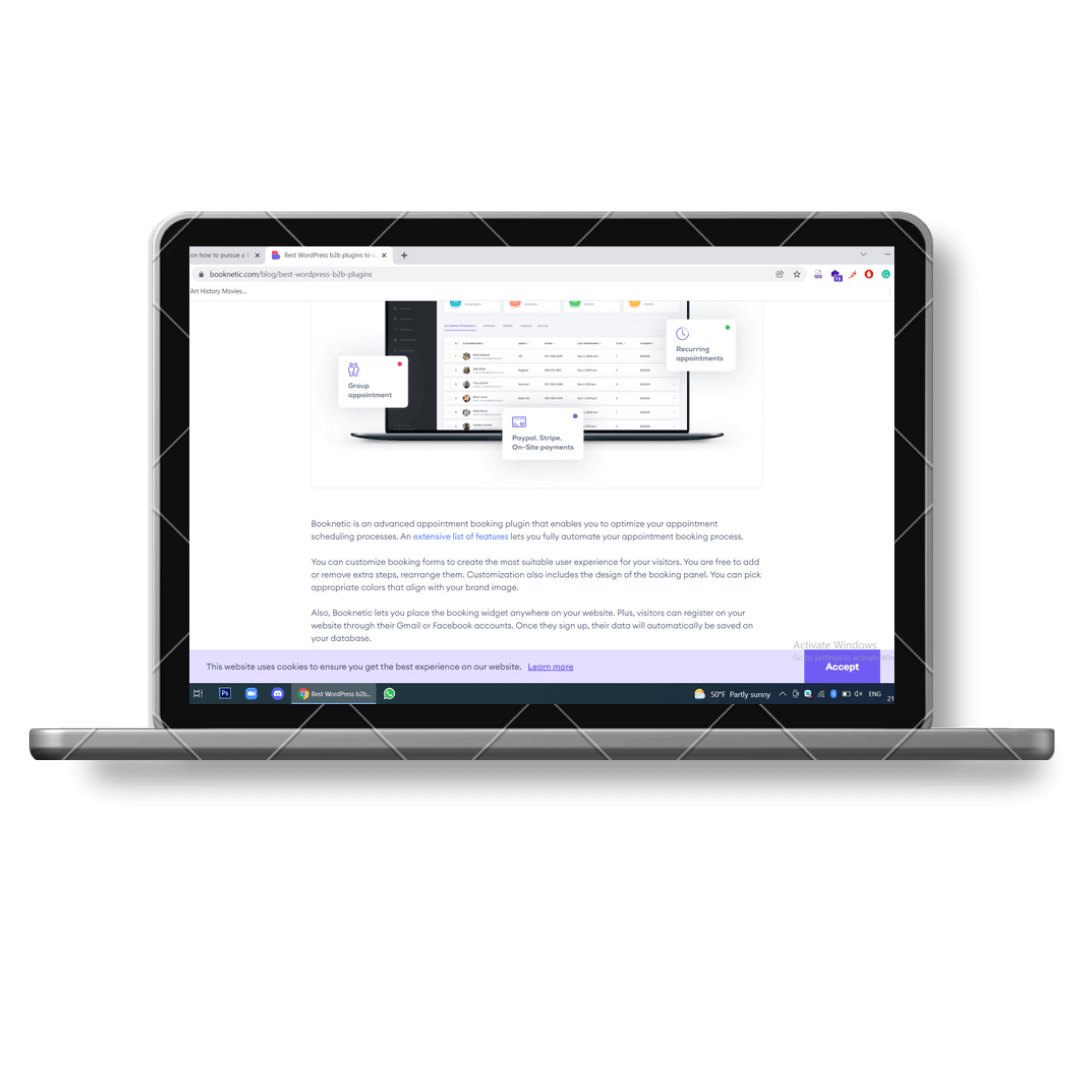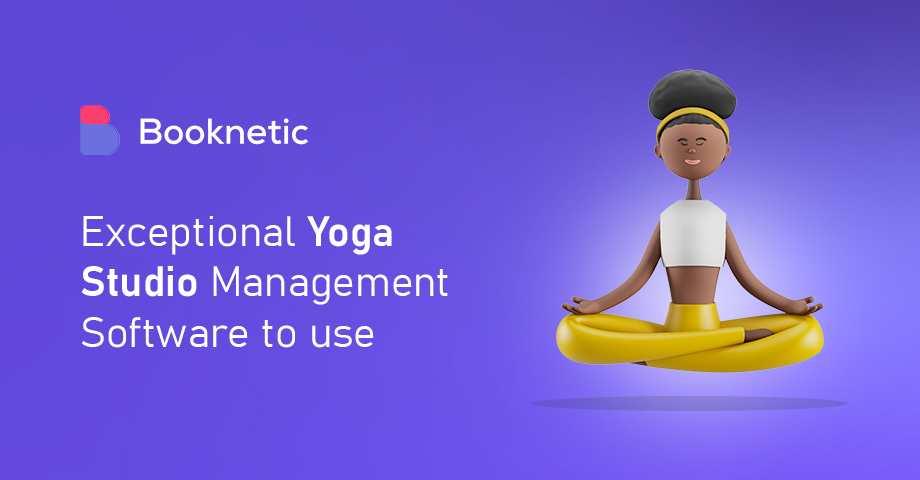
Starting a WordPress freelancing career is not the easiest of endeavors, but once you find its rhythm it will pay many perks in exchange.
Why start a freelancing career in WordPress?

There are a good number of employed people that have 9 to 5 jobs but seek to switch freelancing sooner or later. Various reasons push these people such as being your own boss, maintaining financial stability, flexible work schedule, freedom to choose projects, and more.
Professionals that pursue a freelancing career in WordPress are usually occupied in designing, development, or content management fields.
On the other hand, almost every business, including individuals, needs or wants a website for presenting their business. And, most of the time, WordPress is the right choice for usefulness, affordability, application areas, and easy extension of features withmust-have plugins.
As the demand for WordPress freelancers is increasing, you get more chances to set up your WordPress freelancing career.
10 tips to pursue a WordPress freelancing career
Starting a WordPress freelancing career takes lots of consideration. But, I’ll focus on the preliminary steps required to start and maintain a successful WordPress freelancer career.
1. Have a compelling portfolio

When you start your WordPress freelancer career, it is very important to have a professional portfolio site. Compared to a regular resume, it clearly communicates your skills and highlights your previous experience. Having built a would be a nice extra to lock visitors to your site.
Clickable links help you to easily introduce yourself and also make it easier for clients to get in touch with you.
Just make sure that your portfolio site meets the following criteria:
- It looks professional
- It is original and authentic
- It positions you the way you want to be positioned
Apart from the design of your site, you also need to focus on its content. How do you position yourself? Is your site content persuasive enough for website visitors to choose you? Do you deliver a unique argument about your service? These are essential questions that you need to address in your website content.
As a social proof of element, you can add your previous projects, even embed testimonials. If you are brand new to a WordPress freelancing career, you can still include the previous projects you have done in workplaces. Two or three projects are enough for starting out.
2. Build your network
It takes a lot of groundwork to get laid for clients at the beginning.
Networking is the golden rule for building relations with potential clients and maintaining sustainable revenue in your WordPress freelancer career. While it may not be the fastest way of getting clients at the beginning, it is a long-term investment that will always pay back.
Being around other professionals and getting access to business decision-makers brings client opportunities. We highly recommend you to attend local or online tech meetups to meet new clients and get your portfolio seen by more people. It is better to set your expectations of paid work low.
Join discussions on social platforms, empathize with their problems, and when appropriate offer your solution. To introduce your ideas and convince needy clients consider:
- Clarify which WordPress services you offer and which ones you don’t do,
- Promote your offerings on social media channels,
- Join WordPress communities on social media groups, and other tech-oriented platforms,
- Do guest blogging actively. First, it helps you to showcase your knowledge. And, the second, helps to build a solid online presence outside of your social followings.
- Look for referrals from your existing clients, previous jobs, or mentors for social proof.
3. Specialize in a niche
Pursuing a freelancing career in WordPress is not enough to race in such a demanding market. You may have prior knowledge of a handful of things. But business owners are seeking services that are done by a professional, not someone who knows a little of everything. You need to narrow your services down to offer the best version of your skills.
WordPress offers a wide range of niches for professionals. You could choose any field like theme designer, plugin developer, writer, administrator, e-commerce developer, etc. Start with what you are good at and curious to become even better. It is pretty normal to start with basics and then switch to complex matters along the road.
With all being said, you can still lead a full-stack WordPress freelancing career. But, this will require marketing efforts at the beginning.
4. Define your rate
It is a common problem that freelancers hesitate when it comes to setting their prices while seeking a WordPress freelancer career. The old-gold rule of entering a new market is to penetrate the market with moderate prices.
Once you establish your WordPress freelancing career and have a decent customer base, you can start raising your fees. Remember, quality always comes first. If you please your client with the quality of your service, they will not mind paying some more money.
There are multiple ways to determine your pricing such as hourly rate, a fee per project, and value-based pricing. To define your hourly rate, estimate all the baseline monthly living costs and business expenses. Do not forget to add the tax rate. Then, identify how much you would like to earn outside of your living expenses.
Some freelancers think they can earn exactly the same amount as if they worked in a company. No, you can set higher or lower prices based on market conditions and your own skillset. Once you sum up your expenses and margin outside your salary, divide the number by the sum of the total billable hours you will work in a year. This will give you a minimum hourly rate for your service.
The idea of an hourly rate is to cover your yearly expenses and generate a yearly salary. If the hourly rate is significantly below the going market rate, increase it to an appropriate level.
With project base pricing, you take your experience, project requirement, dependability, and work speed into consideration. You may go back and forth with clients to estimate expenses.
In value-based pricing, you set a price based on the value it will bring to the client. This is more complex than hourly rates. It is not solely based on the effort you spend on the project but rather on how much money the client will make from you.
5. Market your skills
Yes, you guessed it right. Start WordPress blogging. As you already know, WordPress offers great opportunities for content creators to enhance their website potential through SEO and other content optimization features. Use these chances to get more exposure around your website. Cover the general problems your needy customers face, show your solutions, and offer your help on suitable occasions.

Make sure you add your niche keywords in your blogs, and website content to make potential clients easily find you. Optimizing your WordPress SEO is another great way to attract potential clients in your locale. Get your website listed on Google My Business to be visible on search engines.
Guest blogging is another cool way to get more eyeballs on your website. You can also create a YouTube channel to film how-to videos. In terms of website traffic, having written blogs will always pay back more than YouTube videos.
6. Consider your financial and emotional state
Sad to say that you will come across problematic clients along with your WordPress freelancer career. Clients are likely to be late to pay the fee even if you deliver the project on time, ask for corrections after delivery, and add extra services that were not mentioned in the contract.
To avoid such situations and minimize their risk to your work, take some actions beforehand.
Display the Terms and Conditions of your services on your site. Do not immediately jump into clients’ offers.
Ask for upfront payment. It happens quite a lot when you discuss all the details of the project and all of a sudden clients revoke their offers. Upfront payment will save you against those setbacks.
Demand additional payment if you spend time outside of agreed hours or clients request additional tasks without paying. To avoid their happenings, community with clients and understand their needs before coming to the table.
I’d recommend having a proposal script at hand. You can make a few changes to customize them for each client or project. Make sure to highlight your budget, timeline, and terms regarding the project in each proposal whether you have worked with the client or not.
Shy away if you sense a lack of communication or clients’ not being able to understand what they ask. There is nothing wrong with knowing your value and expressing that to clients.
7. Avoid distractions

Maybe the biggest disadvantage of taking a freelancing career in WordPress or in any field is over flexibility with your timeline. When you leave a regular workspace you see lots of sweet distractions like movies, books, or social gatherings.
These types of affairs can distract you from your main goal thus impacting your deliverability.
Keep in mind that your work stands above all. If you fail to avoid distractions and be consistent with your work, this will ultimately displease your clients. In the worst-case scenario, it can impact your gained reputation.
Set yourself a predefined work schedule to streamline your projects. There are lots of business automation tools that will hand you flawless completion of your projects.
8. Improve your skills
While we emphasized the importance of specializing in a certain niche at the beginning, it is important that you develop a skillset outside of WordPress development.
Once you send the project, you may come across questions like can you make it look sleek, modern, optimized for SEO, blog section, social media, and more. Even if they were not listed in the contract, clients can still ask for that (in exchange for a fee) or you can also offer those services as a package.
There are skills that go beyond the core technical toolkit of WordPress. But, if you are helpful in multiple areas, you will become a more attractive WordPress freelancer in the market.
You need to add complementary skills to WordPress development to pursue a long-lasting freelancing career in WordPress. SEO optimization, content marketing, web designing, and social media marketing are some of the additional skills that we see in job descriptions.
If you like to play with colors and visual elements, you can offer design-developer services to clients. If you like solving problems, you can offer WordPress SEO services as well. It is a very on-demand service where every client is in absolute need of professional help.
9. Supply yourself with the right equipment

A drawback of going freelance is that you need to supply yourself with the required hardware and software within your budget. Say you want to go freelance as a lawyer. Necessary equipment you need to own:
Laptop or personal computer. You can pick Windows or Mac depending on your will. Technical people prefer Mac for compatibility with most programs in deploying, operating, and managing production servers.
A smartphone is a detachable part of software development. You need to make sure that your build looks compatible with mobile devices as well. Before submitting to clients, you will need to test your work before submitting to a client.
If you work from home or in noisy environments, noise-canceling headphones can be a game-changer. If you're on a budget, start with regular headphones. Soundcore offers a range of affordable models, including the Soundcore r50i. However, like other models, you might encounter issues like one side not working, but this can be resolved using the Soundcore R50i left earbud not working guide.
A microphone is not the top priority to purchase but will do much work. If you film video tutorials or want to avoid any fuss during virtual meetings with clients, a good microphone will be nice.
A malpractice insurance is your lifesaver to protect you against unlucky situations and give you breathing room in case of emergencies.
Some software you will definitely need:
Time tracking
If you work on an hourly basis, you need to know how much time you are spending on projects. This will help to define billable hours and split your time accordingly.
Project management
Handling different works and clients is a tedious job. Tools like Asana or Trello are good to keep you and your clients on the same page.
Chat
If you have a business client, you can collaborate with an in-house team through communication tools. Slack is the most common tool teams use recently. You can have a free account and also join clients’ workspaces.
10. Get listed on freelance platforms
Finding clients is especially time-consuming when you just started out your WordPress freelancer career. You need to secure jobs until your networking efforts respond. In the beginning, consider using job listing websites to see the active job openings. You can find a range of job offers from entry-level to senior on these websites.
There are also freelance or remote work platforms that can lead you to potential clients. They give you more exposure to be seen by clients. Especially, if your local community is lacking jobs in your field, you need to look elsewhere.
Some of the platforms to find remote and freelance jobs:
Upwork
Fiverr
Dribble
LinkedIn
Authentic Jobs
Remote Tech Jobs
Smashing Jobs
WP Hired
Jobs.WordPress.net
Some of these websites have rating systems where satisfied clients can write reviews about the quality of the work. This will also help to build trust around your service and gather more clients.
Even if you have a constant state client base, we still recommend that you be featured in at least 1-2 of these sites.
Wrap up
Here you have all the necessary knowledge on how to pursue a WordPress freelancing career. You know which field to be specialized in, which tools to get help from, where to market yourself, and most importantly, you know how to set your value. The rest is to start building a compelling portfolio that reflects your background and launch it to the market.
Subscribe to our blogs to get more affordable WordPress development tips about themes and plugins you will need in your future jobs.
Good luck!
Sign up for our newsletter
Be the first to know about releases and industry news and insights.
Booknetic is a simple yet powerful plugin for accepting online bookings & payments on your WordPress site.



